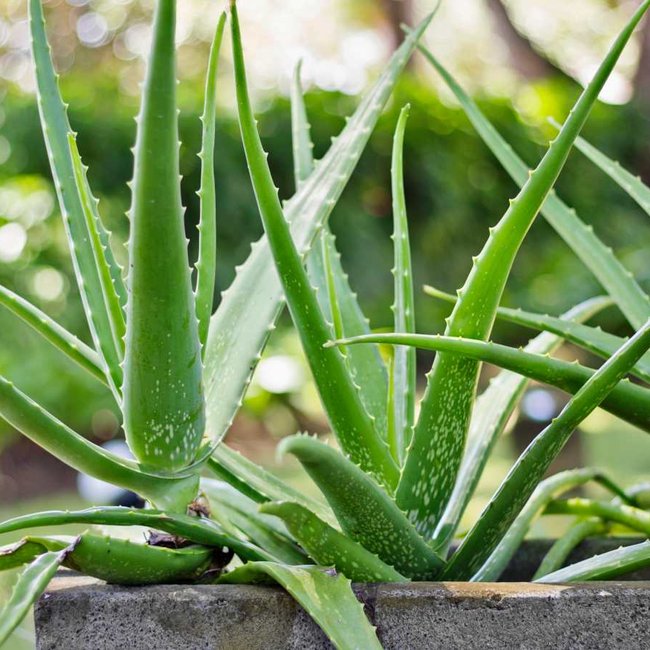Vultures
Vultures are large, scavenging birds of prey that inhabit many parts of the world. They are known for their distinctive bald heads and powerful wingspans, which can reach up to 3 meters. Vultures are found in a variety of habitats, from semi-arid deserts to tropical forests. They feed mainly on carrion, but have also been known to take live prey, such as small mammals and reptiles.
Meta Information
Scientific Name
Vulturidae
Average Lifespan
10-50 years
Average Size
Up to 3 meters
Similar To
Eagles, Hawks, Condors, Kites
Lifecyle
Vultures typically reach sexual maturity at around three years of age. Mating usually takes place in the spring, and the female will lay one or two eggs in a nest made of sticks and other materials. The eggs will hatch after an incubation period of around 45 days. The young vultures are cared for by both parents and will fledge after around 10 weeks.
Diet
Vultures are primarily scavengers, feeding on carrion and other decaying animals. They will also feed on small mammals, reptiles, and other live prey. Vultures are known to be able to detect the smell of carrion from miles away and will fly great distances in search of food.
Habitat
Vultures can be found in a variety of habitats, from semi-arid deserts to tropical forests. They are also known to inhabit grasslands, savannas, and even urban areas. Vultures will often roost in large groups, gathering in trees or on cliffs.
-
What do vultures eat?
Vultures are scavengers that primarily feed on the carcasses of dead animals. They have a unique digestive system that allows them to consume rotting flesh without getting sick. Vultures also feed on eggs, insects, and occasionally small mammals.
-
Do vultures have bald heads for a reason?
Yes, vultures have bald heads for a specific reason. Bald heads help vultures stay clean while feeding on carrion. If vultures had feathers on their heads, they would get covered in blood and other bodily fluids while eating. The lack of feathers also helps vultures regulate their body temperature by allowing them to dissipate heat through their skin.
-
How do vultures locate their food?
Vultures have an exceptional sense of smell that allows them to locate carrion from great distances. They can detect the scent of a dead animal from up to a mile away. Vultures also use their keen eyesight to spot scavenging opportunities.
-
Are vultures endangered?
Many vulture species are currently listed as endangered due to habitat loss, poisoning, and illegal hunting. The decline of vulture populations has a significant impact on the ecosystem as they play a crucial role in maintaining a healthy balance by cleaning up dead animals.
-
Can vultures be dangerous to humans?
Vultures are generally not dangerous to humans. They are scavengers that prefer to feed on dead animals rather than live prey. However, vultures can become aggressive if they feel threatened or if their nests are disturbed. It's best to observe vultures from a safe distance and avoid disturbing their natural habitat.
-
How do vultures defend themselves from predators?
Vultures have few natural predators due to their large size and powerful beaks. However, they may encounter threats from other birds of prey or large predators such as hyenas or jackals. Vultures defend themselves by using their sharp talons and beaks to fight off attackers. They may also regurgitate a foul-smelling substance as a defense mechanism.
-
How long do vultures live?
The lifespan of vultures varies depending on the species. Some species can live up to 30 years in the wild, while others may only live up to 10 years. Factors such as habitat loss, hunting, and poisoning can also affect the lifespan of vultures.
-
What is the role of vultures in the ecosystem?
Vultures play a crucial role in the ecosystem as scavengers that clean up dead animals. They prevent the spread of disease by consuming carcasses that would otherwise rot and contaminate the environment. Vultures also help to regulate populations of other scavengers such as jackals and hyenas.
-
Can vultures fly for long distances?
Yes, vultures are excellent fliers and can cover long distances in search of food. Some species of vultures are known to fly up to 100 miles in a single day. They use thermal currents to gain altitude and conserve energy while flying.
-
How do vultures mate and reproduce?
Vultures typically mate for life, and both males and females share the responsibilities of raising their offspring. Vultures build nests in trees or on rocky ledges, and females lay one to three eggs per year. The incubation period lasts around 40-45 days, and the young vultures fledge after 3-4 months.
-
Can vultures be kept as pets?
No, it is illegal to keep vultures as pets. Vultures are wild animals that require a specific habitat and diet to survive. Keeping them in captivity can cause stress and health problems, and it also disrupts the natural balance of the ecosystem. It's best to appreciate vultures from a distance and allow them to live in their natural habitat.
10 Fun Facts About
1. Vultures have an extremely strong sense of smell, which they use to locate carrion from miles away. 2. Vultures have bald heads to help keep them clean when feeding on carrion. 3. Vultures can fly at speeds of up to 55 mph. 4. Vultures are known to form long-term monogamous relationships. 5. Vultures have been known to live up to 50 years in captivity. 6. Vultures can go without eating for weeks at a time. 7. Vultures have been known to regurgitate food to feed their young. 8. Vultures have powerful talons and beaks that they use to tear apart their prey. 9. Vultures have been known to fly in formation to conserve energy. 10. Vultures are essential to maintaining healthy ecosystems, as they help to remove decaying carcasses.
Pun
What did the vulture say when it spotted a dead animal? "It looks like lunch is on the wing!"
Out Thoughts About
🤩🤩 Vultures are amazing creatures that play an important role in keeping our ecosystems healthy!






